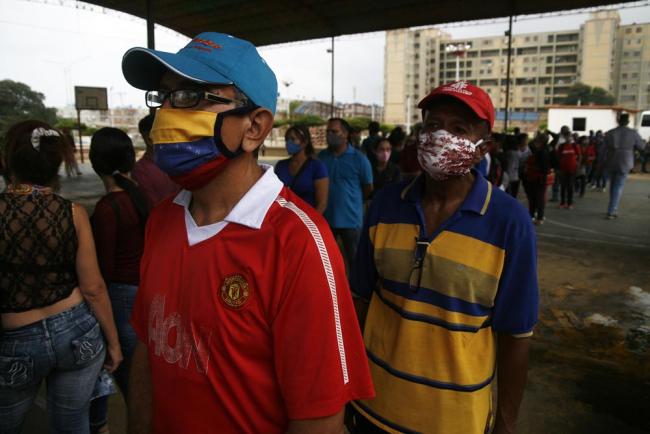In a recent article published by the North American Congress on Latin America (NACLA), Charles A. and Leo M. Favrot Professor of Human Relations at Tulane University and WOLA Senior Fellow David Smilde reflects on the history of repression and political violence in Venezuela since 2002. Smilde argues that in the face of state-sponsored repression, censorship, and misinformation, the most powerful tool is concrete and objective empirical analysis.
As Smilde writes:
Of course, Chavismo also actively forgets the more sordid moments of its past: its violent repression of protest in 2014 and 2017, documented by the United Nations Fact-Finding Mission (FFM); its Kafkaesque obstruction of the 2016 recall referendum process; and its unconstitutional call for the election of a National Constituent Assembly in 2017. In contrast, it shamefully trumpets police massacres in popular sectors in the name of fighting crime—also documented by the UN FFM and under examination in the International Criminal Court. In addition to taking innocent lives, these militarized police operations cruelly take advantage of classist and racist misunderstandings of crime and violence.
My response to this dynamic has been to aim for concrete, empirically informed analysis that is not neutral or value free. Rather, it is guided by commitments to human rights and social justice and is based on representing Venezuelans as human beings with all the vices and virtues that characterize people everywhere. Cutting across the political options dominating Venezuela, such analysis seeks to complicate partisan portraits and narratives and thereby oblige political players to more adequately address people’s needs and respect their rights and well-being.



